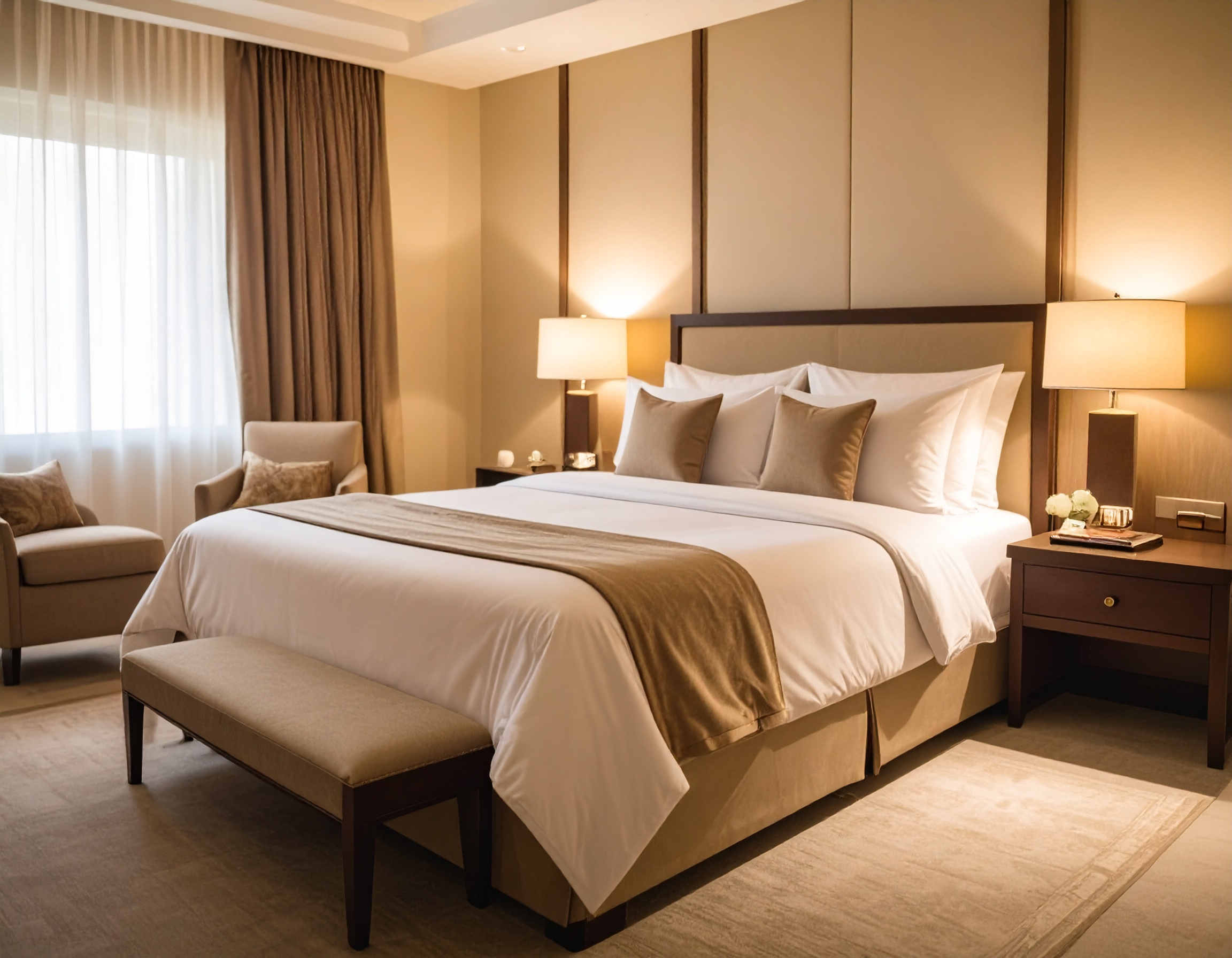“Hotels Are Convenient—But Never Quite Home”
This sentiment is increasingly common among affluent international travelers. As a result, Tokyo’s long-stay urban residences have become the preferred choice for them.
Many who have spent extended time in Tokyo say the same thing: “next time, I won’t stay in a hotel.”
But what exactly makes Tokyo’s premium residential offerings a more comfortable and sophisticated alternative to traditional hospitality?
◆ The Freedom of Everyday Living—Beyond the Limits of Hotels
For long-term stays, the limitations of even the finest hotels begin to surface:
-
Monotony of room service and the lack of culinary flexibility
-
No separation between sleeping and working space, diminishing comfort and focus
-
Inconveniences in managing daily tasks, such as laundry or package deliveries
-
High cost with limited cost-effectiveness
While, Tokyo’s luxury 1LDK and 2LDK residences offer true livability:
-
A fully equipped kitchen for home-cooked meals
-
A spacious living area that doubles as a work environment
-
In-unit washer and dryer available
-
Seamless delivery and concierge services, including dry cleaning and parcel reception
-
The freedom to “live, not just stay” is precisely what resonates with affluent travelers

◆ Location Advantage: The Luxury of a Walkable Lifestyle
In Tokyo’s most prestigious residential wards—Minato, Shibuya, and Chuo—premium condominium living means daily life unfolds effortlessly within walking distance.
Residents enjoy immediate access to:
-
Upscale supermarkets like Seijo Ishii, Meidi-ya, and National Azabu
-
A wide selection of cafés, fine dining, fitness clubs, and private saunas
-
Internationally oriented clinics and pharmacies
-
Lush parks and pockets of nature woven into the urban landscape
This ability to complete your day within a 15-minute walking radius defines a level of urban comfort and efficiency that even the best hotels struggle to match.
◆ What Long-Stay Residents Say About the True Comforts of Tokyo Living
“I initially stayed in a hotel for a month, but both work and daily routines started to feel strained. Since switching to a residence in Minami-Azabu, Tokyo has become genuinely comfortable.” — Hong Kong-based executive, travels to Tokyo 6–8 times a month
“Cooking my favorite meals in the kitchen, sipping coffee while looking out the window each morning—this is the kind of everyday luxury no hotel can offer.” — Affluent Thai national, two-month family stay in Tokyo
◆ Surprisingly Cost-Effective Compared to Luxury Hotels
Staying at a top-tier hotel in Tokyo for one month can easily cost ¥1,000,000 to ¥1,500,000.
In contrast, maintaining a comparable level of quality through a premium condominium—either rented or owned—often proves far more practical:
-
Furnished luxury rentals typically range from ¥600,000 to ¥1,000,000 per month
-
Annual running costs for ownership, including management fees and property tax, average around ¥3,000,000
In essence, the numbers support a clear conclusion: having your own private space is not only more comfortable—but also economically sound.

◆ The Power of a Property
A hotel is a temporary arrangement. A luxury condominium, by contrast, is a strategic asset—one that can be leased or resold when not in use.
Especially in prime areas of Tokyo, these properties offer:
-
Consistent demand from international tenants seeking high-end rentals
-
A liquid resale market driven by both domestic and overseas investors
-
Resilient value retention, even as buildings age
For many affluent buyers, such properties serve not merely as residences, but as secure havens and financial safeguards.
◆ Summary: Tokyo Truly Shines When You Live in It
The true essence of Tokyo cannot be fully grasped through sightseeing alone. Its richness reveals itself most clearly not from a hotel room—but from the comfort of your own private residence.
One sentiment frequently echoed by affluent global travelers: “simply having a place to return to changes the entire experience.”
With every visit, they no longer return to a hotel suite—but to a familiar, personal space. This is the new standard for the modern elite.




